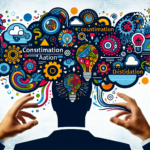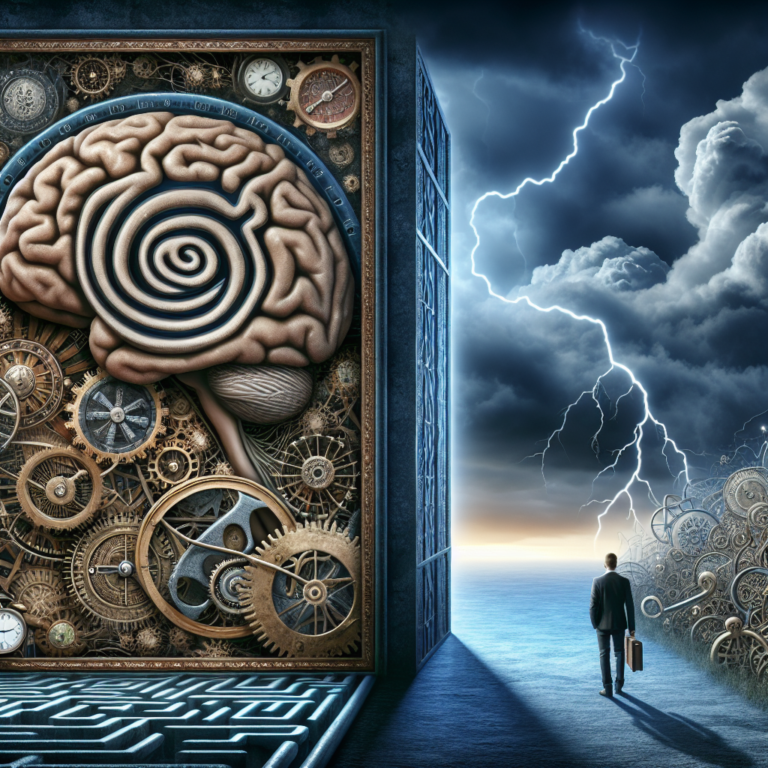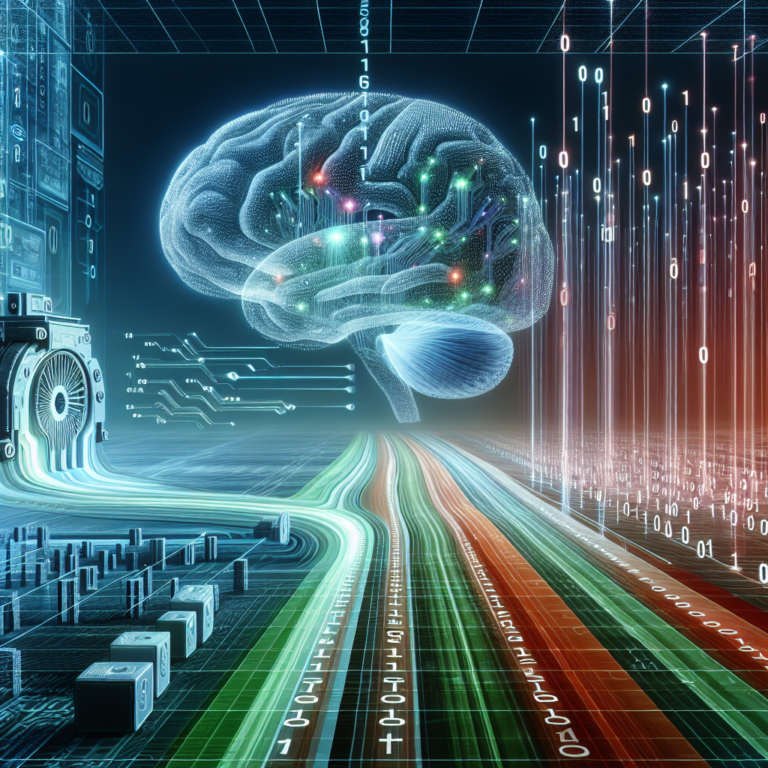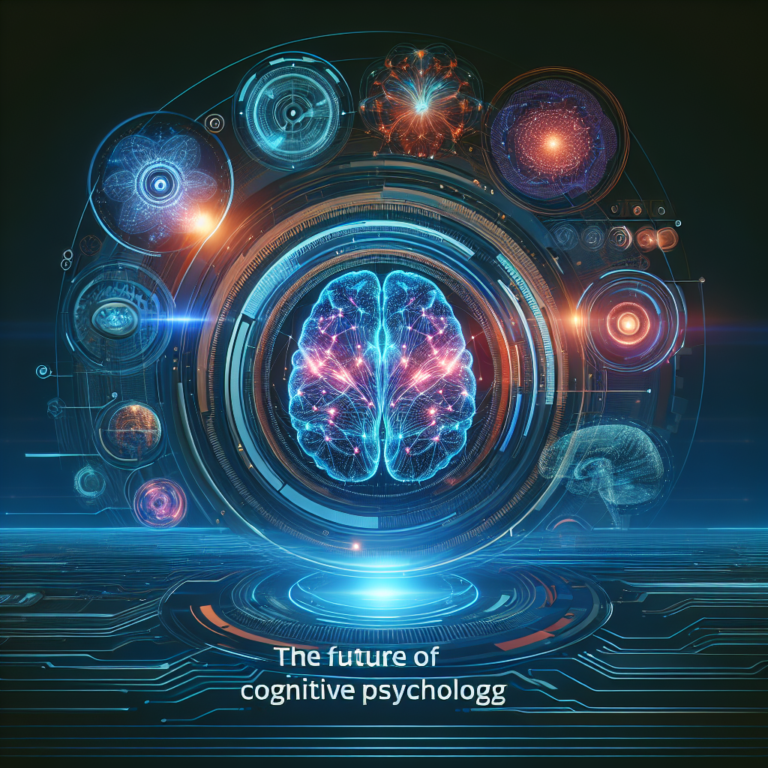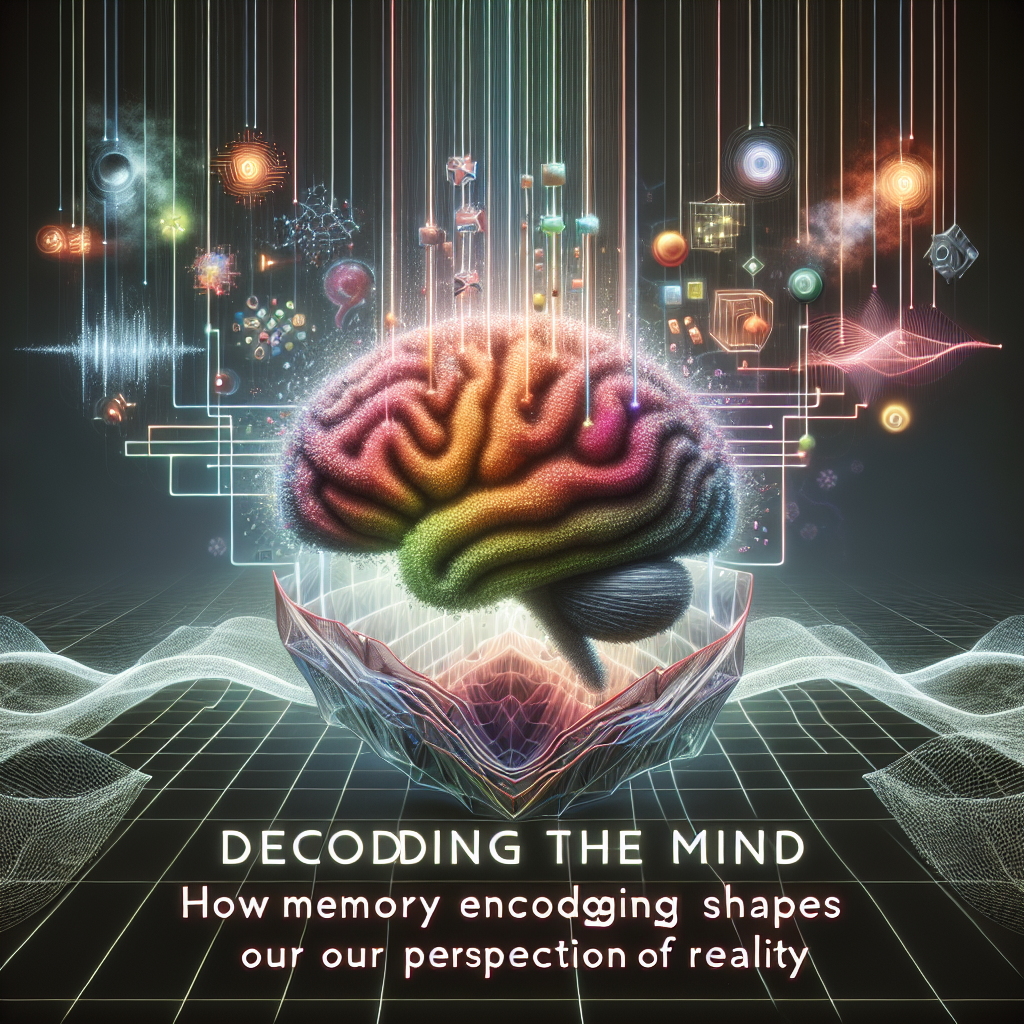
Introduction
Have you ever wondered why your recollections of past events can feel so vivid yet be so deeply flawed? The interplay between memory and perception shapes our experiences and ultimately defines our reality. Decoding the Mind: How Memory Encoding Shapes Our Perception of Reality shines a spotlight on this fascinating relationship. In an age where misinformation can spread like wildfire and where personal biases cloud judgment, understanding how memory encoding influences our perceptions can empower us to navigate life’s complexities more effectively.
In this comprehensive exploration, we will delve into the intricate processes that govern memory encoding and how these processes affect our views, decisions, and interpersonal relationships. With insights derived from cutting-edge research and real-world case studies, readers will discover empowering strategies to leverage their understanding of memory to enhance their everyday lives.
Understanding Memory Encoding
What is Memory Encoding?
Memory encoding is the initial stage of the memory process, where sensory information is transformed into a form that can be stored and later recalled. This intricate procedure involves several steps: attention, perception, and the transformation of stimuli into neural codes.
Attention: The degree to which we focus on the information significantly influences how well it gets encoded. Our brains filter out irrelevant stimuli, prioritizing what we deem essential.
Perception: How we interpret sensory input can vary widely based on our previous experiences, emotions, and cultural backgrounds.
- Storage and Retrieval: Once the information is encoded, it is embedded in our neural networks, ready to be fetched when needed.
Understanding these components is foundational to Decoding the Mind: How Memory Encoding Shapes Our Perception of Reality.
How Memory Shapes Perception
Memory does not merely serve as a vessel for facts; it also frames how we perceive the world. When we recall information, we do not retrieve it in a vacuum. Instead, our current emotions, beliefs, and biases color these recollections. This dynamic interplay underscores how subjective experiences can alter the "truth" of a memory.
- Case Study: Eyewitness Testimonies: Research shows that eyewitness accounts can dramatically differ, not just based on what was seen but also on the witness’s emotional state. In several court cases, misremembered events have led to wrongful convictions, highlighting the fragility of memory.
The Science Behind Memory Encoding
Neurobiology of Memory
Memory encoding is rooted in complex neurobiological processes. Key brain structures involved include:
- Hippocampus: Essential for transferring short-term memories into long-term storage.
- Amygdala: Plays a pivotal role in emotional memory, influencing how we encode memories associated with strong emotions.
The activation of these structures emphasizes that memory is not merely a storage system but a dynamic and evolving entity that heavily influences our perceptions.
Techniques for Improving Memory Encoding
Understanding how to optimize memory encoding can enhance learning and interpersonal relationships. Here are some techniques:
- Chunking: Breaking information into smaller, more manageable pieces can enhance memorization.
- Visualization: Creating mental images can help encode experiences more vividly, making them easier to recall.
- Repetition: Regular review of information reinforces neural connections, solidifying memories.
Real-World Applications of Memory Encoding
Memory in Learning Environments
Educators can utilize insights from Decoding the Mind: How Memory Encoding Shapes Our Perception of Reality to enhance teaching methodologies. For instance, using stories and real-world scenarios helps convey concepts, making them more memorable for students.
- Case Study: A Pilot Training Program: In a study focusing on pilot training, incorporating simulated experiences improved memory retention and decision-making skills considerably compared to traditional lecture methods.
Memory in Marketing
Marketers understand that how consumers encode information about a product influences their purchasing decisions. Emotional advertising strategies target memory encoding pathways to evoke strong memories associated with their brands.
- Case Study: Coca-Cola’s “Share a Coke” Campaign: By personalizing bottles with names, Coca-Cola increased consumer interaction and emotional attachment, significantly improving sales and brand loyalty.
The Role of Context in Memory Encoding
Contextual Cues
Context plays a crucial role in how memories are encoded and retrieved. Environmental factors, such as location or mood, can serve as retrieval cues for memory recall.
The Encoding Specificity Principle
This psychological principle suggests that memory is enhanced when the conditions during encoding match those during retrieval. This means studying in an environment similar to the testing or recall environment can significantly improve performance.
The Impact of Culture on Memory
Culture shapes not only what we remember but how we interpret those memories. Different cultural backgrounds can lead to contrasting perspectives on personal experiences, influencing everything from values and beliefs to perceptions of social interactions.
- Case Study: Different Cultural Interpretations of Historical Events: For instance, Japanese and American students may recount the same event—like World War II—differently based on their cultural contexts, emphasizing how memory is inherently subjective and shaped by sociocultural narratives.
Overcoming Memory Distortions
Common Memory Distortions
Memory is malleable, and various factors can lead to distortions. Some of these include:
- Misinformation Effect: Exposure to inaccurate information after an event can alter a person’s memory of the event.
- Confirmation Bias: People are prone to remember information that confirms preexisting beliefs while ignoring contradictory evidence.
Techniques to Mitigate Memory Distortions
- Critical Thinking: Encouraging skepticism and evaluation of one’s memory can help mitigate bias.
- Record Keeping: Journaling experiences can create a more accurate account of events, helping counteract the natural decline of memory accuracy over time.
Conclusion
Decoding the Mind: How Memory Encoding Shapes Our Perception of Reality is an essential exploration of how our memories construct and sometimes distort our realities. As we’ve seen, memory is not merely a storage facility but a dynamic influence shaping our perceptions, choices, and interactions.
By understanding the mechanisms of memory encoding, we can actively work toward enhancing our recollections and refining our interpretations of reality. Whether you’re an educator, marketer, or simply an individual seeking to improve your cognitive abilities, harnessing the power of memory can lead to profound personal and professional growth.
FAQs
1. How does memory encoding affect decision-making?
Memory encoding influences how we recall past experiences, which directly impacts the choices we make. Positive memories can instill confidence, while negative recollections might incite caution.
2. Can memory be improved with practice?
Yes, techniques such as spaced repetition, visualization, and mnemonic devices can significantly improve memory encoding and retention.
3. What role does emotion play in memory encoding?
Emotional experiences are often encoded more vividly and can enhance recall. The amygdala’s role highlights why emotionally charged memories are typically easier to remember.
4. Is it possible to recover "lost" memories?
While some memories might seem lost, they may still be accessible through cues that trigger recall, such as smells or sounds that relate to the original experience.
5. How can understanding memory encoding help in interpersonal relationships?
By recognizing how our memories influence perceptions of others, we can foster better communication and empathy, enabling more constructive interactions.
Understanding Decoding the Mind: How Memory Encoding Shapes Our Perception of Reality equips us with valuable insights that can enrich our lives and improve our relationships. It empowers us to recognize the subjective nature of our experiences and inspires us to take an active role in shaping our narratives.

